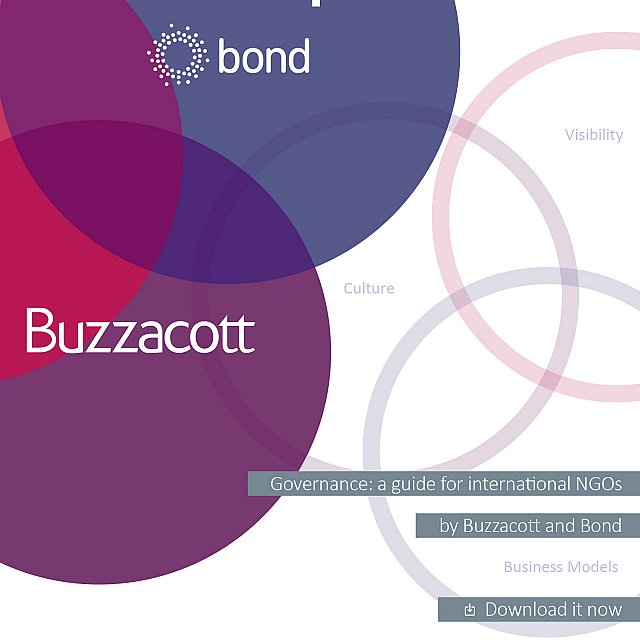



Following the launch of “Governance: a guide for international NGOs”, Buzzacott and Bond have launched a programme of events designed to take trustees through the key challenges boards of international development organisations face.
The first event focused on recruitment challenges, with guest speakers David French of Trustees Unlimited and former trustee of Y Care International and Lena Bheeroo, Anti-racism and equity manager at Bond and Trustee of EachOther, sharing their advice on how trustee boards can balance recruiting for skills with representation and diversity, as is it these areas that trustees and senior International NGO leaders have told us that they’re finding most challenging.
The guidelines set out by the Charity Commission state that the core duty of trustees is to act in the charity’s best interest, making balanced and adequately informed decisions. To do this, a board must be balanced with the right blend of skills, aligned values, representation, diversity, and experience, and have the right culture to work effectively together. However, for the most part, trustees of international development organisations are not living members of the communities they serve and therefore lack the perspective of lived experience. This adds another layer of complexity to trustee recruitment.
There’s not a one size fits all approach to board recruitment. The first step is to take a step back, assess your current board structure, and its strengths and weaknesses. When having these conversations, it’s important to remember that trustee boards share formal responsibility for the charity and must follow the seven pillars of governance as outlined by the Charity Governance Code. As part of this, trustees must implement the principles of EDI and integrity to lead by example. A simple matrix is a useful tool to open these conversations and collectively agree on where gaps are and plan to fill them.